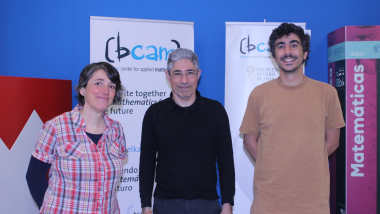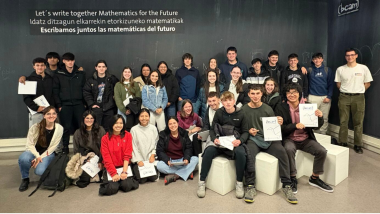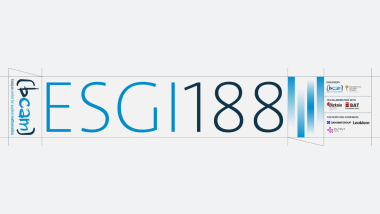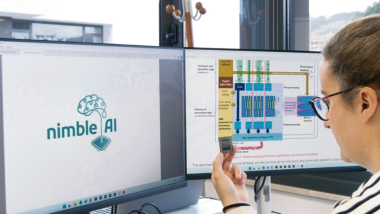Martin Parga will defend his thesis on Thursday, 30th May
- The defense will take place at Salón de Grados of the Faculty of Science in Leioa
Martin Parga obtained my Bachelor's degree in Physics in the University of Santiago de Compostela and Master's degree in Industrial Mathematics at the same institution. His research interests have always been related to biomedical applications, ranging from nanomaterial applications for hyperthermia treatments to cell death modelling under radiotherapy. For my PhD, he focused on the study of Bayesian methodologies for the analysis of transcriptomic data, with special interest in multi-platform studies and the combination of multiple sources of data. More specifically, on improving Hamiltonian Monte Carlo (HMC) related methodologies though efficient integration techniques and on the error generated during this process. On the biological side, his research focuses on the applications of these methods to study acquired resistance to endocrine therapies in ER+ breast cancer.
Currently, Parga works as a PhD student at the Basque Center for Applied Mathematics (BCAM) in the field of Modelling and Simulation in Life and Materials Sciences, where he joined five years ago.
His thesis, titled "Tackling the development of hormone therapy resistance in breast cancer through mathematical modelling" is under the expert guidance of Elena Akhmatskaya (Ikerbasque & BCAM) y María del Mar Vivanco Ruiz (CIC bioGUNE)
The defence is scheduled for Thurday, 30th May at the University of Basque Country in Leioa.
On behalf of all members of BCAM, we would like to wish Martin the best of luck in defending his thesis.
Abstract
Patients suffering from estrogen-driven breast cancer frequently develop hardly predictable resistance to hormone therapy, which significantly complicates treatment. Current approaches for tackling this problem include cell models and clinical studies, both supported by sequencing technologies like RNA-seq, and offering different strengths and limitations. This dissertation addresses the challenge of predicting resistance to hormone therapy in breast cancer by merging advances in bioinformatics and Bayesian statistics, and applying them to two types of data – RNA-seq data and clinical data. First, we explore the statistical analysis of clinical data through Bayesian inference combined with enhanced Markov Chain Monte Carlo techniques, and introduce a novel algorithm for adaptive integration in prospective Modified Hamiltonian Monte Carlo (MHMC) methods. We demonstrate its positive effect on performance of MHMC in biomedical applications using clinical data of breast cancer patients. Next, we propose and implement an RNA-seq pipeline within our interactive web-app for the analysis of resistant breast cancer cell lines sequenced at CIC bioGUNE. Finally, we propose an original approach based on a Bayesian logistic regression model coupled with a simulated annealing-like algorithm for a combined analysis of RNA-seq and clinical data, and apply it to ad hoc data to obtain and validate in-silico and in-vitro a novel 6-gene signature for stratifying patient response to hormone therapy.
Related news
About the center
About the center




